
GOVERNMENT OF DISCIPLINE
GOVERNMENT OF DISCIPLINE
GOVERNMENT OF DISCIPLINE
We advance policy that efficiently delivers the maximum for the American people.
We advance policy that efficiently delivers the maximum for the American people.
George Cooke, City of Washington from Beyond the Naval Shipyard, 1833
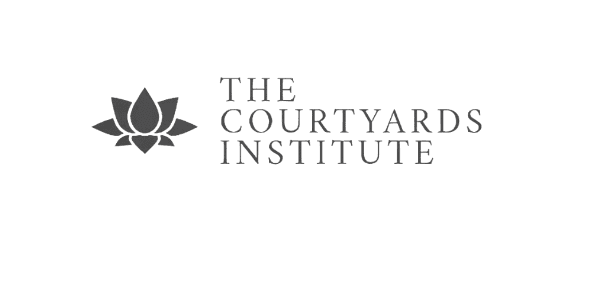
Affiliate of the Stanford Haas Center for Public Service
22:00:04
STATE-SPONSORED LETHARGY
The scale of government falls short of the social progress it ostensibly buys.
Today, 2.9M employees - a population exceeding those of 15 states - administer a budget consuming 24% of the GDP. This size is not inherently problematic; rather, the failure lies in the inability of these bloated policies to adequately support the public.
This is by design. Lobbyists and policy institutions are paid to maximize spending, results be damned. Incentives are misaligned.
It doesn't have to be this way. Policy is the only unconstrained domain. From fishing to finance to transportation and tech startups, great scarcity leads to great efficiency.
The Courtyards Institute constrains itself. We optimize for speed, reject the inevitability of waste, and thoroughly implement our work.
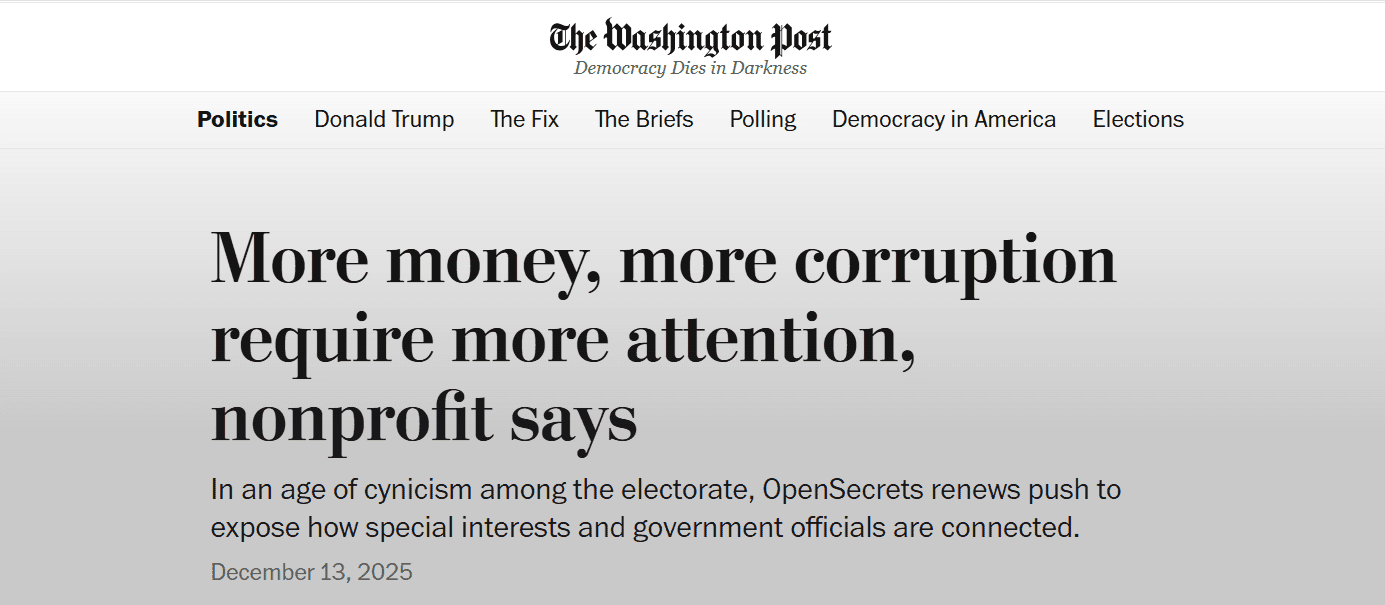

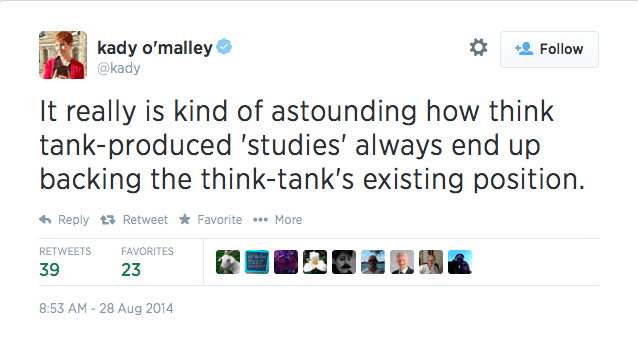

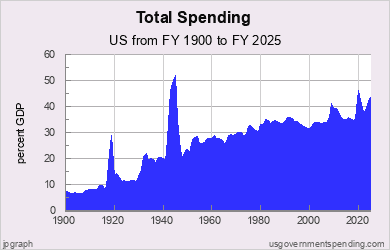

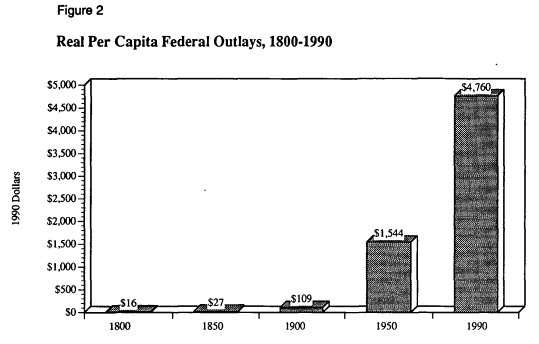

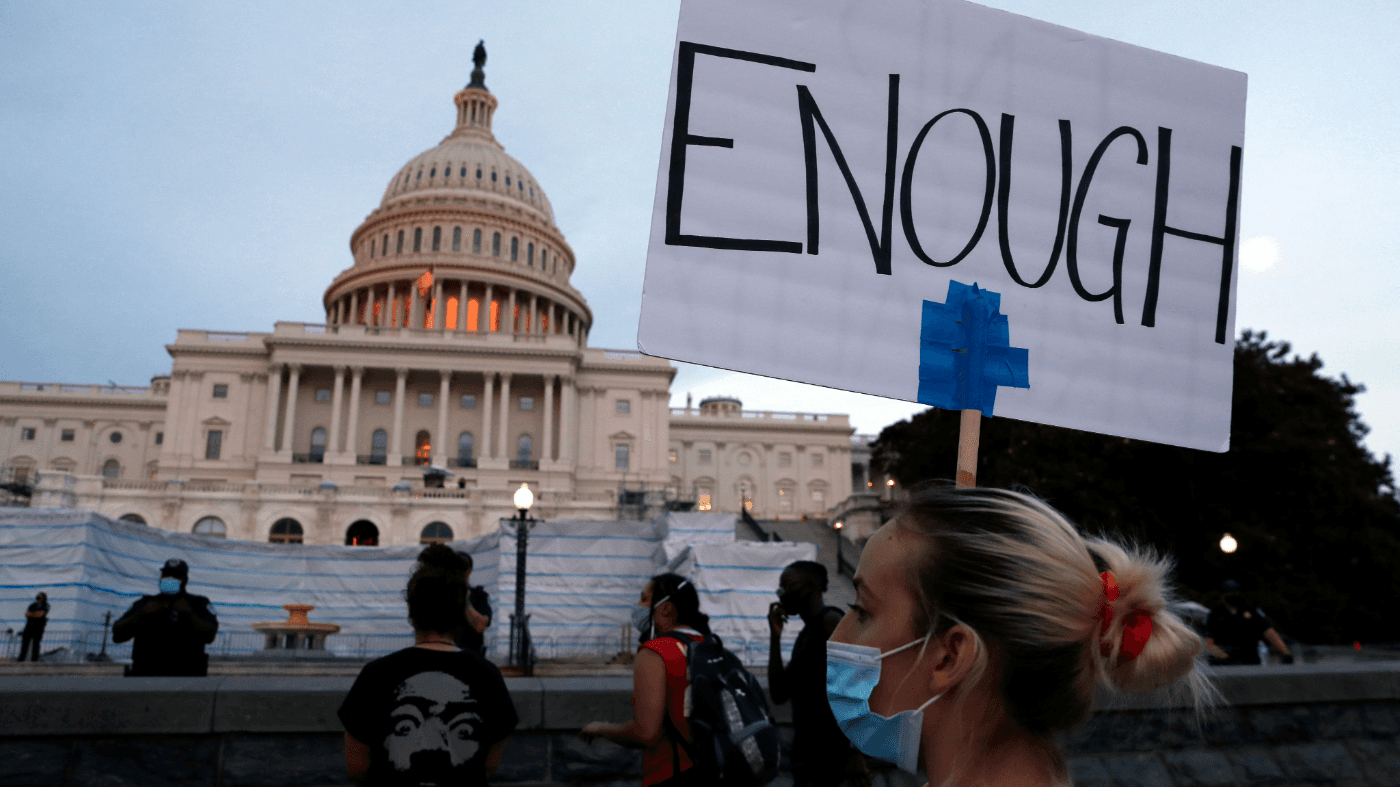

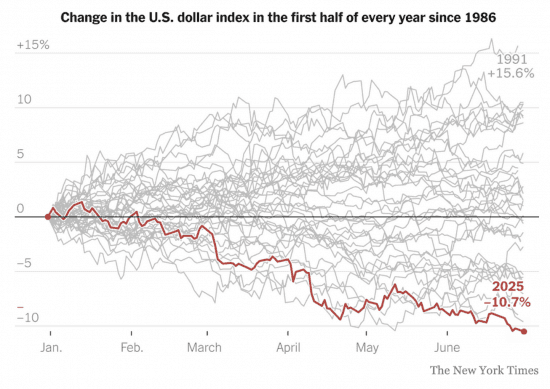




"A government ought to contain in itself every power requisite to the full accomplishment of its objects with the least possible expense."

"A government ought to contain in itself every power requisite to the full accomplishment of its objects with the least possible expense."

"A government ought to contain in itself every power requisite to the full accomplishment of its objects with the least possible expense."
"A government ought to contain in itself every power requisite to the full accomplishment of its objects with the least possible expense."
-Alexander Hamilton
Our Work
Our Work
We are a nonpartisan think tank aiming to create a lean and effective policy environment in pursuit of a More Perfect Union.
Policy Development
Research & Insights
Grassroots Initiatives
Media Engagement
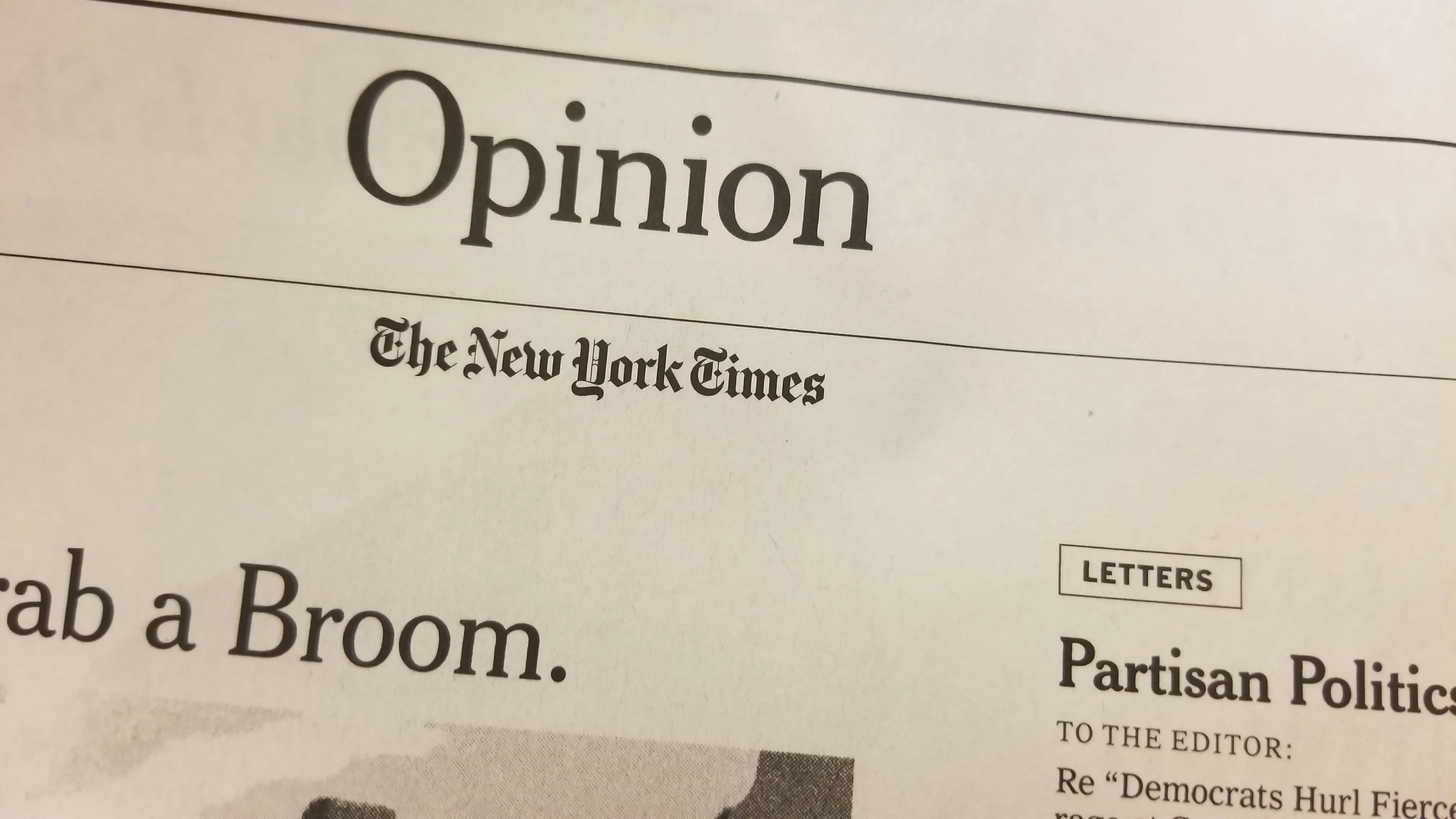

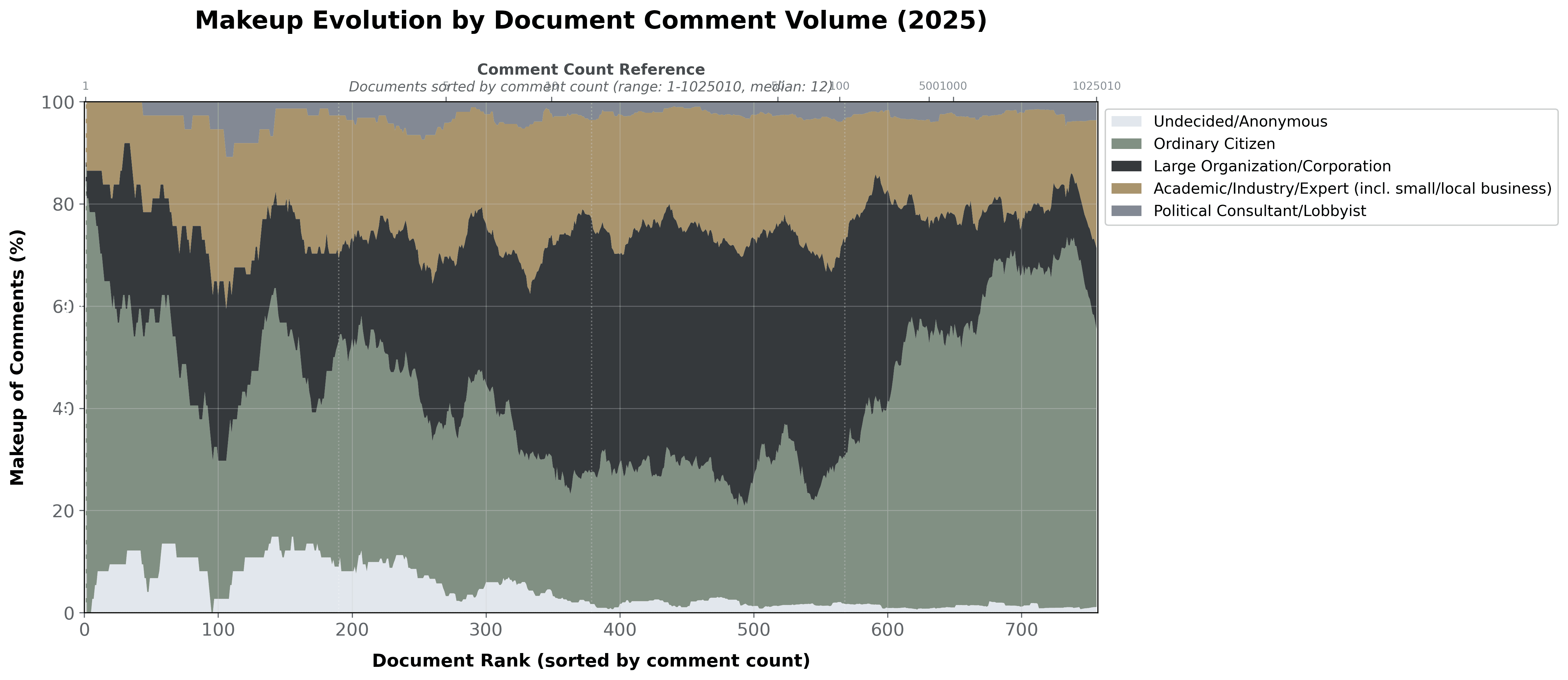
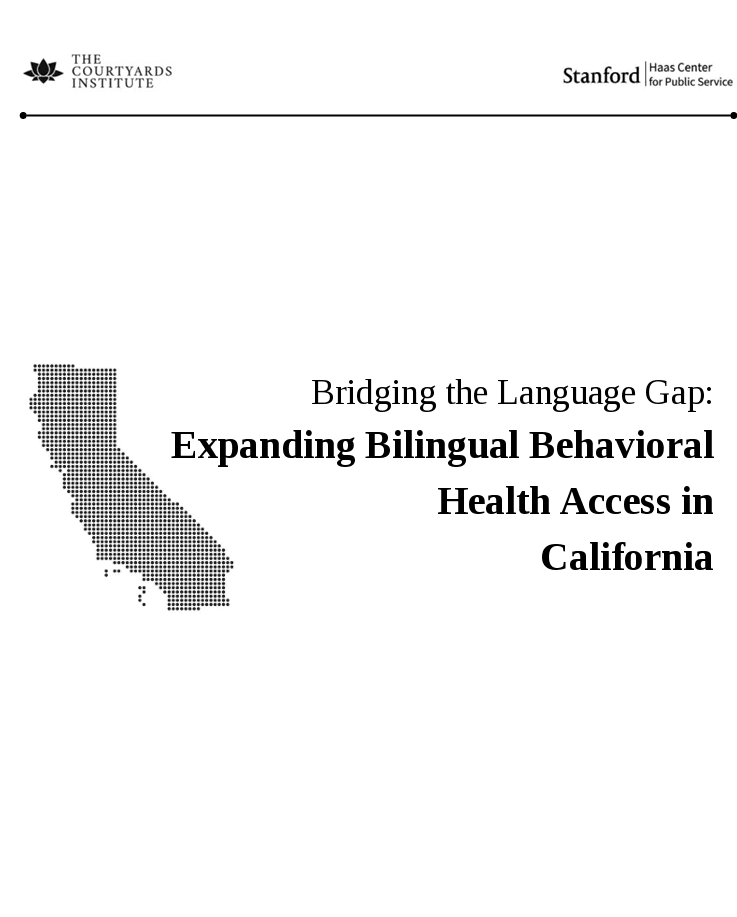
Policy Development
We collaborate with experts and directly connect with lawmakers to make policy recommendations. Our findings are published in comprehensive proposals and policy briefs, offering in-depth analysis to guide dialogue.
Policy Development
Research & Insights
Grassroots Initiatives
Media Engagement




Policy Development
We collaborate with experts and directly connect with lawmakers to make policy recommendations. Our findings are published in comprehensive proposals and policy briefs, offering in-depth analysis to guide dialogue.
Progress
Progress
Progress
Recent Policy Projects
Recent Policy Projects
Recent Policy Projects



Federal Register
1% of policies receive 99% of citizen comments - outside the same ~20 policies, most discourse comes from corporations and lobbyists. We restore policymaking to the people by making the complex and obscure Federal Register commenting process easy.
Drug Prescription
Our Virtual Clinical Trial research uncovered a 20 year gap in clinical decision-making spawned by overzealous lawyers that disincentivized doctors doing the right thing. We proposed regulations that would prevent ~200,000 kidney injuries annually.
Cities
Some punitive homelessness laws - on both sides - are ideological and encourage waste for minimal outcomes. We work across party lines to return data and the ground truth to the forefront.



Federal Register
1% of policies receive 99% of citizen comments - outside the same ~20 policies, most discourse comes from corporations and lobbyists. We restore policymaking to the people.
Drug Prescriptions
Our Virtual Clinical Trial research uncovered a 20 year gap in clinical decision-making spawned by overzealous lawyers that disincentivized doctors doing the right thing. We proposed regulations that would prevent ~200,000 kidney injuries annually.
Cities
Some punitive homelessness laws - on both sides - are ideological and encourage waste for minimal outcomes. We work across party lines to return data and the ground truth to the forefront.



Federal Register
1% of policies receive 99% of citizen comments - outside the same ~20 policies, most discourse comes from corporations and lobbyists. We restore policymaking to the people by making the complex and obscure Federal Register commenting process easy.
Drug Prescription
Our Virtual Clinical Trial research uncovered a 20 year gap in clinical decision-making spawned by overzealous lawyers that disincentivized doctors doing the right thing. We proposed regulations that would prevent ~200,000 kidney injuries annually.
Cities
Some punitive homelessness laws - on both sides - are ideological and encourage waste for minimal outcomes. We work across party lines to return data and the ground truth to the forefront.
Progress with our Grassroots Programs
Progress with our Grassroots Programs
5 Nationwide Chapters
We engage young changemakers through 5 high school chapters. These students gain valuable real-world experience.
10,000 Hours of Tutoring
We channel community in pressing problems. We've provided 10,000+ hours of free English tutoring.
10,000 Hours of Tutoring
We channel community in pressing problems. We've provided 10,000+ hours of free English tutoring.
250 Counseling Sessions
We've directly tackled the mental health crisis by offering 250 free appointments with licensed counselors.
250 Counseling Sessions
We've directly tackled the mental health crisis by offering 250 free appointments with licensed counselors.
250 Counseling Sessions
We've directly tackled the mental health crisis by offering 250 free appointments with licensed counselors.
250 Counseling Sessions
We've directly tackled the mental health crisis by offering 250 free appointments with licensed counselors.
5 Nationwide Chapters
We engage young changemakers through 5 high school chapters. These students gain valuable real-world experience.
5 Nationwide Chapters
We engage young changemakers through 5 high school chapters. These students gain valuable real-world experience.
We're always looking for talented & passionate individuals.
We're always looking for talented & passionate individuals.
We're always looking for talented & passionate individuals.
Does our mission excite you? The Courtyards Institute is recruiting across various roles.
Does our mission excite you? The Courtyards Institute is recruiting across various roles. You will need a device with a larger screen to properly view our Opportunities.

